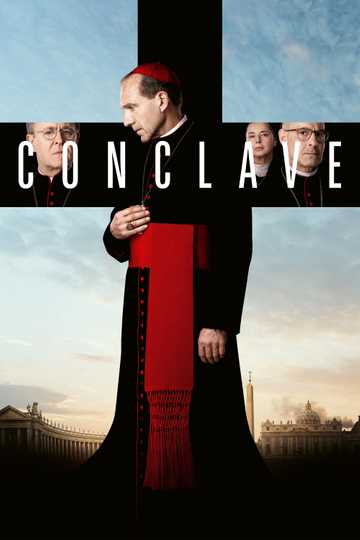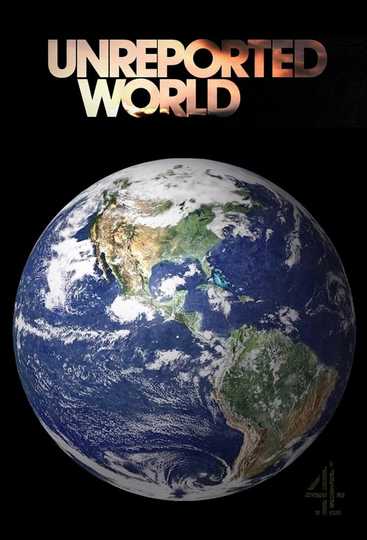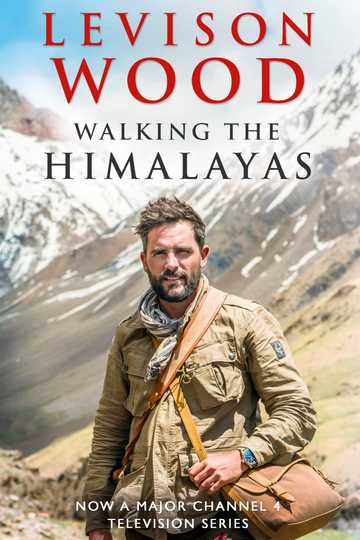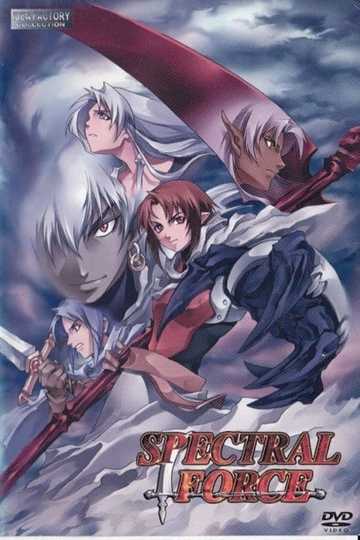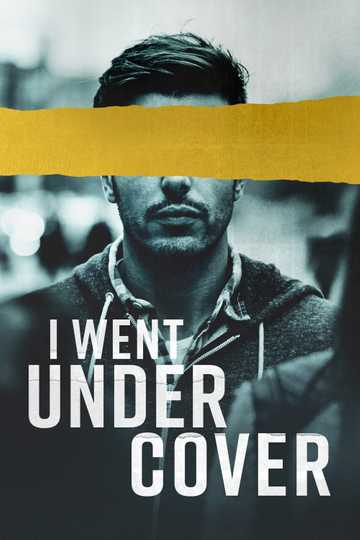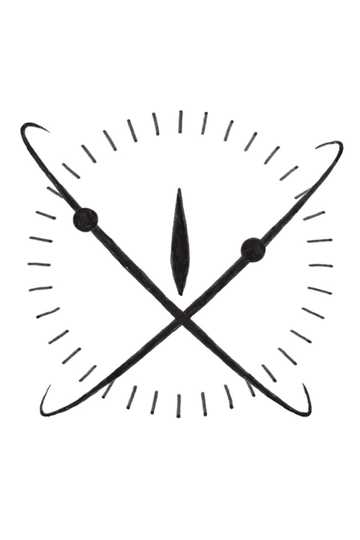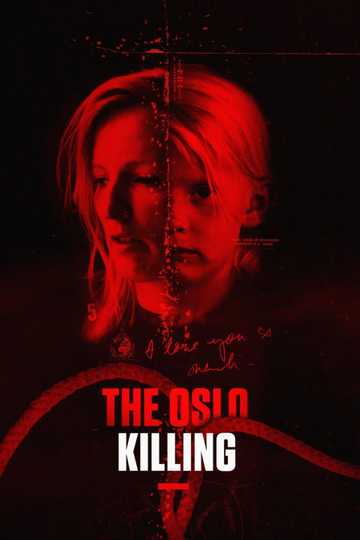Season 11 Episodes
1. End of the Elephant?
Unreported World goes undercover to investigate how the increased Chinese presence in East Africa has lead to a huge increase in elephant poaching, with potentially devastating effects on tourism and the local economy. The team also hears astonishing claims that when Chinese president Hu Jintao travelled to Tanzania for a state visit, his officials left with large quantities of illegal ivory. Reporter Aidan Hartley and director Alex Nott begin their journey at a conservation area in northern Kenya, run by Kuki Gallman. She says that elephant poaching has risen from six animals in 2007 to 57 in 2009, just in her small area. It's not long before the team discovers the carcasses of several elephants, killed for their tusks. Local gamekeepers say that poachers spray herds indiscriminately with AK 47s, killing babies, mothers and pregnant elephants. Kuki says it's the highest death toll for decades and elephants are at risk of becoming extinct in the area.
2. Nigeria's Killing Fields
As the world's attention focuses on recent sectarian violence in Nigeria, Unreported World provides an exclusive report on the events leading up to the latest round of bloodletting. Reporter Peter Oborne and director Andy Wells were the only television journalists in the town of Jos in the immediate aftermath of a previous outburst of sectarian violence, which left 500 people dead. There, they uncover the truth about the convulsion of barbarism that is afflicting a country, and which is rapidly spiralling out of control.
3. Pakistan's Terror Central
Unreported World is granted rare access to the Pakistan headquarters of what the US and UN say is a front organisation for one of the world's biggest terrorist networks, and the organisation behind the 2008 Mumbai attacks. While the group says it's a charity set up to help the poor, reporter Evan Williams talks to insiders, government ministers and terrorism experts to investigate the truth about an organisation that has expanded its activities from Kashmir to attacking western targets outside Pakistan. Williams and director Will West begin their journey in Lahore, the capital of Pakistan's Punjab province. They have a meeting with Asadullah, a member of Lashkar-e-Taiba - 'The Army of the Righteous'. The terrorist organisation has been directly blamed for the Mumbai attacks that killed 173 people, and a string of other deadly attacks in India. Asadullah tells Williams he and 26 friends fought in Kashmir, but he was the only one who survived.
4. Tobacco's Child Workers
Unreported World travels to Malawi to reveal that children as young as three are being illegally employed to produce tobacco, much of it destined to be consumed by British smokers. Malawi's children suffer health problems from handling tobacco and some are trapped in bonded labour arrangements, leaving them unable to escape. Little seems to be being done to protect their health and wellbeing. In Mchinji district, reporter Jenny Kleeman and producer Julie Noon find a group of 15 to 20 children sorting tobacco by the roadside. Emilida and her three children - including her three-year-old son - have been working there since dawn. She tells Kleeman the four of them will get about 80 pence for a day's work. The air is thick with tobacco dust and Emilida says it makes the family feel unwell.
5. Inside Burma's Secret State
Unreported World gets a rare glimpse into the Karen region of Burma. Reporter Seyi Rhodes and director Simon Phillips spend two weeks trekking through forests to reveal the devastation the Burmese army is inflicting as it intensifies its war against the Karen people.
6. Iraq's Next Battlefield
As the US prepares to withdraw from Iraq, reporter Evan Williams and director Matt Haan travel to the most dangerous part of the country and find increasing religious, ethnic and political violence in this oil-rich region threatening to spill into bloody civil war once the troops leave.
7. Bolivia's Child Miners
Unreported World descends deep underground into Bolivia's silver mines to find boys as young as 13 working long hours in deadly conditions. The thick dust and poisonous gases in the mines mean the children face the near-certainty of crippling lung disease and a life expectancy of little more than 35 years. The mines are centered around Potosi in the Bolivian Andes, the highest city in the world. Looming over it is a legendary mountain, the Cerro Rico. It has been mined for hundreds of years and is now being exploited by co-operatives of up to 10,000 miners. Reporter Seyi Rhodes and director Matt Haan meet 14-year-old Jose Luis, who works with 400 other miners at the San Jacinto mine, one of the largest on the mountain. He tells Rhodes that he's working in the mine because school starts in a few days and he needs money for a new uniform. Like most of the 200,000 people in Potosi, he comes from an indigenous Indian background. Although the indigenous people have recently won a decades-long struggle for political freedom in Bolivia they are still poorer than their white compatriots.
8. El Salvador: The Child Assassins
Reporter Ramita Navai and director Alex Nott visit El Salvador as it experiences its worst gang violence in a decade. Many of the gangs' hitmen are children who kill and die with appalling frequency but accept it as part of normal life. Navai and Nott expose another disturbing trend: the torture and murder of young teenage girls - victims of a gang culture that regards them as sexual objects.
9. USA: Down and Out
Unreported World meets the USA's new middle-class homeless: families struggling to hold down jobs that pay so little they're forced to live in tent cities or their cars and receive little help from the government. Reporter Ramita Navai and producer Clancy Chassay begin their journey in Chicago, one of the country's manufacturing centres, which has been hit hard by the effects of the worst financial crisis in decades. St Columbanus church is one of 600 charities across the city that gives out emergency food rations.
10. Colombia's Dying Tribes
Unreported World investigates how Colombia's indigenous people have been targeted in a string of massacres perpetrated by guerrillas, paramilitary groups and the security forces. Colombia's government claims success in its war against left-wing FARC guerrillas and in restoring law and order. But the country is still beset with a conflict that is killing thousands. And as Reporter Aidan Hartley and director Katherine Churcher discover at a jungle massacre site where the pools of blood are still drying, behind the continuing violence there is a state of complete impunity. Nobody can explain why the massacre happened. Soldiers claim civilian attackers with pistols have murdered eight people. But local witnesses say they heard sustained bursts of automatic gunfire, hinting at the involvement of security forces.
11. Malaria Town
Unreported World visits the 'malaria capital of the world' in northern Uganda to investigate why this preventable and treatable disease is still such a problem.
12. Afghanistan's Child Drug Addicts
While the world's focus is on the fight against the Taliban, Unreported World reveals a hidden result of the conflict in Afghanistan: a huge rise in the number of children addicted to opium and heroin in a country now said to have the youngest drug addicted population in the world.
13. Philippines: The City with Too Many People
Manila is one of the world's most overpopulated cities. Reporter Jenny Kleeman and director Richard Cookson find the Philippine capital stretched to breaking point, with mothers four to a bed in maternity wards, primary schools with a thousand children in each year, and graveyards with no more room to bury the dead.
14. Mexico's Indian Rebellion
In the mountains of southeastern Mexico, Unreported World finds 400 members of an indigenous community, who are fighting for independence, holed up in bullet-ridden homes and surrounded by a militia in an unreported war.
15. Zimbabwe's Blood Diamonds
Zimbabwe is supposedly enjoying political stability under the coalition government formed in 2008. However, Unreported World finds a country still gripped by terror and violence.
16. Pakistan: After the Floods
Pakistan's floods may have receded but their catastrophic consequences continue. Reporter Peter Oborne and director Simon Phillips discover that incompetence and alleged corruption have caused poor areas to be flooded and rich ones protected. And in a country whose institutions are failing the people they are supposed to protect, they find ordinary Pakistanis striving to rebuild their lives.
17. Witches on Trial
The Central African Republic is a country obsessed with black magic, where nearly half the prison population are convicted witches. In villages and the capital witchcraft is used to explain every misfortune and it is such a powerful weapon that it is a feature of almost every family quarrel or village dispute. And, as Unreported World reveals, it's often the most vulnerable who are singled out.
18. India: Love on the Run
As more young couples reject arranged marriages in modern India, Unreported World investigates a wave of violence that's left hundreds dead across the country's northwest states. Reporter Annie Kelly and director Katherine Churcher reveal that, despite Indian law giving everyone the right to marry who they want, increasing numbers of young couples are facing death at the hands of their own families for defying centuries of tradition.
19. Senegal: School for Beggars
Unreported World investigates Senegal's Islamic schools. Reporter Seyi Rhodes and director Simon Philips reveal how many young boys living in the religious schools are subjected to abuse, and forced by their guardians to beg on the streets for their survival. And they meet those trying to save the children from exploitation and abuse.
20. Thailand's Red Fever
Unreported World investigates Senegal's Islamic schools. Reporter Seyi Rhodes and director Simon Philips reveal how many young boys living in the religious schools are subjected to abuse, and forced by their guardians to beg on the streets for their survival. And they meet those trying to save the children from exploitation and abuse.


